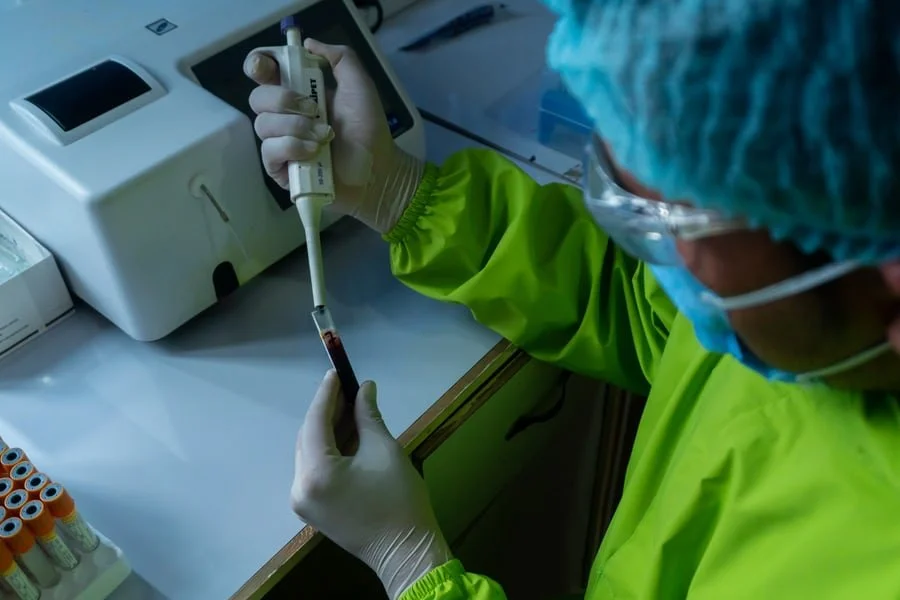Genetic Testing: Reasons, Types, Results
Genetic testing is a great way to learn more about your genes and what impact those genes can have on yourlife. Some couples choose to take this test before planning for a baby to ensure that they are not passing on any life-threatening genes to their offspring.
If you are wondering how to get this test done, healthcare professionals can conduct genetic screening in Newport Beach.
Types of Genetic Testing
One genetic test cannot detect all kinds of diseases. There are different genetic screenings for different genetic conditions.
Single Gene Testing- This test is carried out to detect changes in a single gene.
Gene Panel- A panel test looks for changes in many genes at once.
Genomic testing- This process analyses a sample of DNA taken from your blood and identifies genetic variants related to your health.
Reasons to do a genetic testing
Carrier testing
Suppose you have a family history of a genetic disorder or are a part of an ethnic group with a high risk of a particular medical condition. In that case, it is suggested to have genetic testing before planning to have children.
Diagnostic testing.
If you are undergoing symptoms of a disease caused by genetic changes, then diagnostic testing can reveal if you have the suspected disease.
Prenatal testing.
Doctors often suggest prenatal testing for pregnant women to detect abnormalities in their babies’ bodies. Trisomy 18 and down syndrome are the two most common abnormalities found in genetic testing.
Newborn screening.
In the United States, it is mandatory to conduct genetic tests on newborns to detect any genetic and metabolic abnormalities. This is important because you can immediately give medical help to the child if faults are found.
Pharmacogenetics
If you have a specific disease or medical condition, this test can determine which type of treatment and medication dosage will be right for you.
Results
There are three types of results of genetic testing- positive, negative, and uncertain. Here’s what they mean.
Positive
A positive result means that the testing has found a change in your gene, which may be known to cause disease.
Negative
A negative result means that your gene does not have any changes that can potentially cause harmful diseases in the human body. It means you are not affected by the suspected disorder and will not pass it on to your offspring.
Uncertain
When there is a change in your gene that is not yet introduced in the medical system, the result is uncertain. It means that the medical field does not have enough information about the change to identifying whether it is normal or harmful.
To take advantage of advanced genetic screening at OC Fertility®, contact them to book an appointment today.
COVER IMAGE BY UNSPLASH








